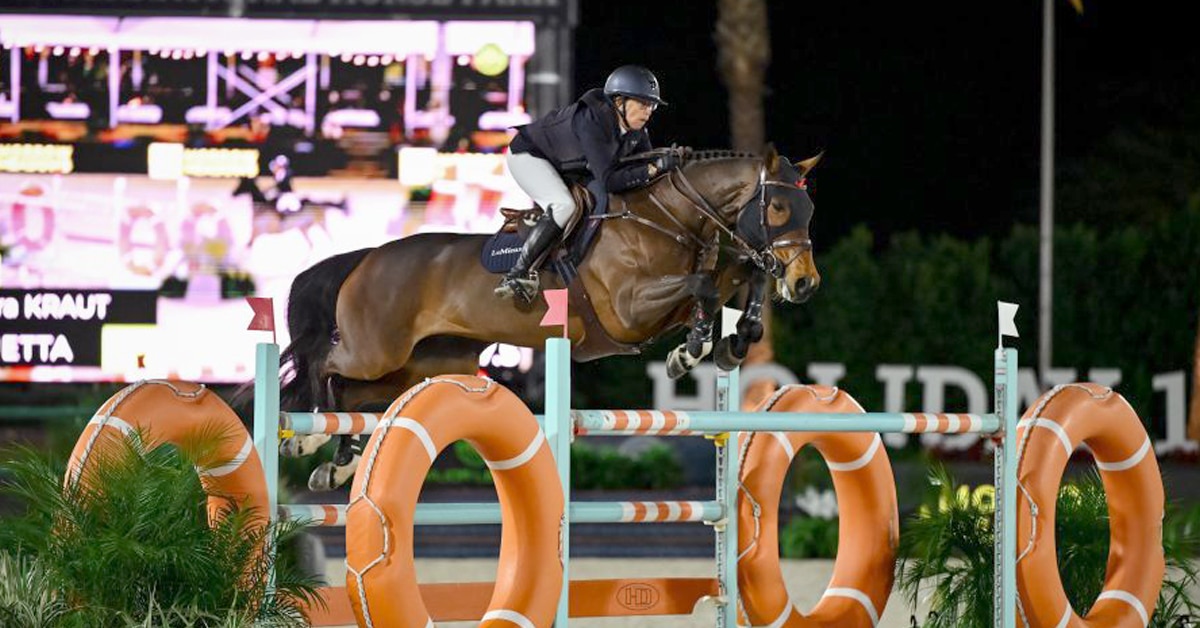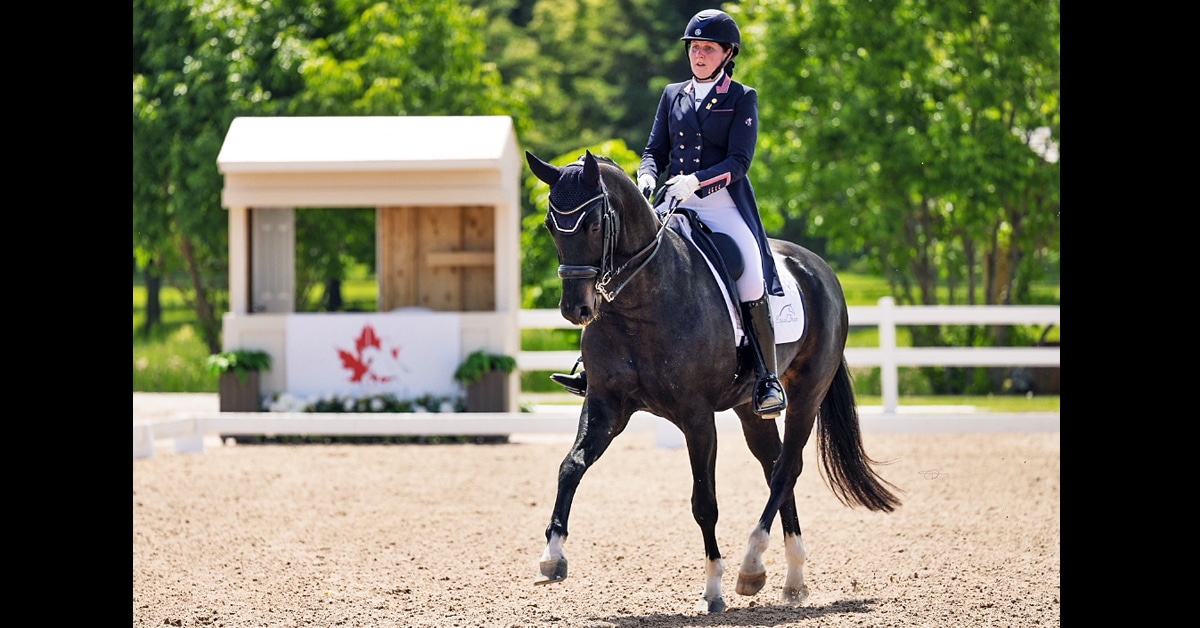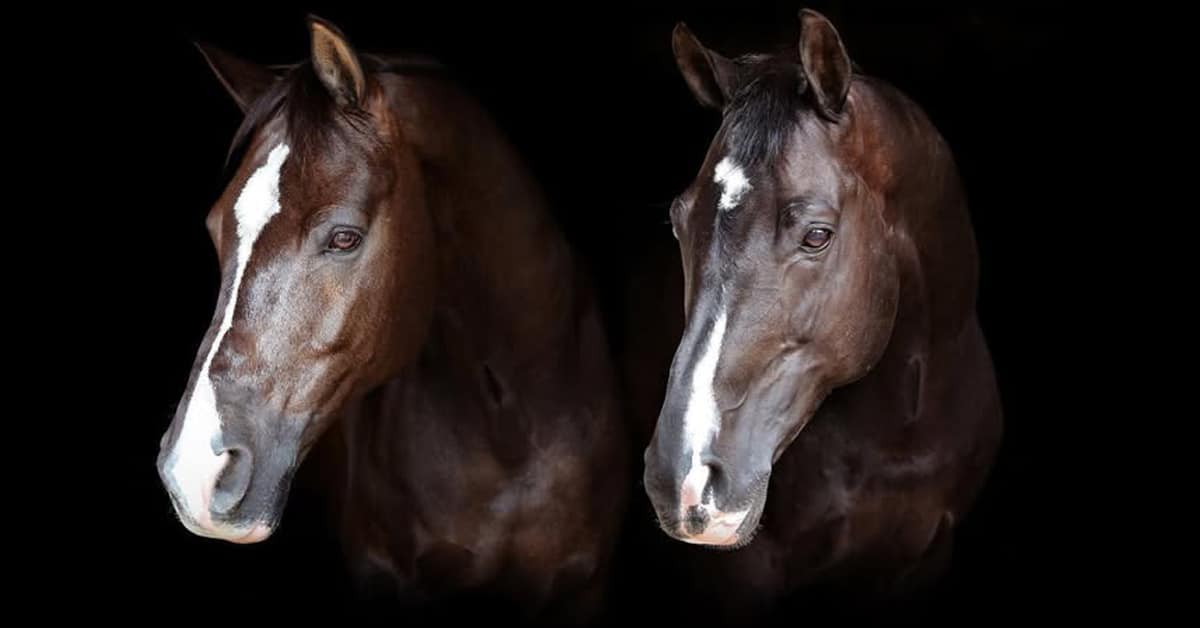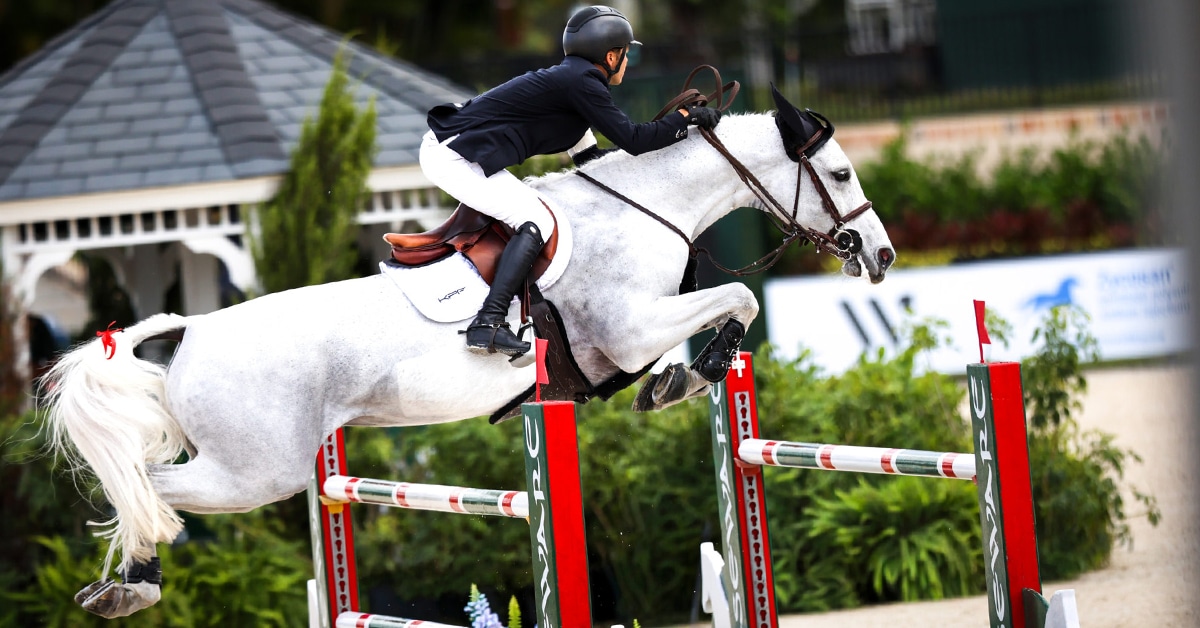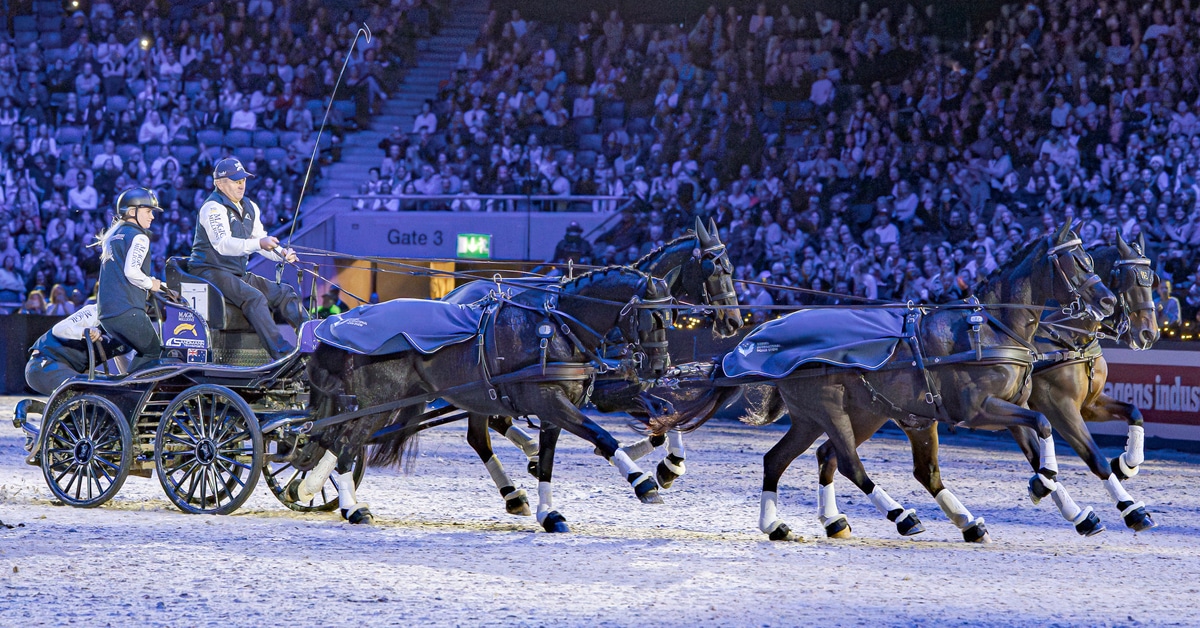Some say that if you sent him cross-country wearing a blindfold and facing backwards on his horse that Germany’s Michael Jung could still bring home Olympic gold. The most phenomenal rider of the modern sport is the man they will all have to beat when the Eventing discipline of the XXXl Olympiad gets underway at the Olympic Equestrian Venue in Deodoro in Rio de Janeiro (BRA) on 6 August.
Jung arrived at the London Games four years ago hoping to become the first-ever rider to hold the World, European and Olympic titles at the same time, and celebrated his 30th birthday by winning not one, but two gold medals. He has since added team gold at the Alltech FEI World Equestrian Games™ in Normandy (FRA) in 2014, double-gold at last summer’s FEI European Championships in Scotland, and the CCI4* titles at Burghley (GBR) last September and both Lexington (USA) and Badminton (GBR) in May of this year. Just a few short weeks ago he finished first and sixth individually in the latest leg of the FEI Nations Cup™ Eventing 2016 series on the hallowed ground of Aachen (GER). It’s no wonder that fans of this sport are in awe of the formidable athlete and his consistent supremacy.
Jung won’t compete in Brazil with his intended ride, Takinou who picked up an infection recently, but the fact that he has had to switch to his 2012 Olympic ride, 16-year-old Sam, won’t diminish his chances, as it was this horse that cruised into the winner’s enclosure at both Burghley and Badminton.
Strong
As defending Olympic champions Team Germany look strong, with Jung joined by the 2012 golden girls Ingrid Klimke and Sandra Auffarth, along with Andreas Ostholt. However they didn’t have things all their own way in Aachen where many Olympic contenders were giving their horses a run and the resurgent Australians sprang a major surprise by overwhelming their hosts.
Australia, Germany and the USA have all won the Olympic Eventing team title four times, and Christopher Burton, Sam Griffiths, Shane Rose and Stuart Tinney look set to fly that Australian flag high once again.
The closest their neighbours from New Zealand have come to the top of the podium is the bronze they claimed in London four years ago, and they certainly shouldn’t be under-estimated this time around either as three of that side are in action again, including the charismatic Sir Mark Todd who took back-to-back individual gold with the great Charisma in Los Angeles (USA) in 1984 and Seoul (KOR) in 1988. Only one other rider in Olympic history has ever achieved that distinction, Dutchman Charles Pahud de Mortanges with Macroix in Amsterdam (NED) in 1928 and Los Angeles (USA) IN 1932. However Michael Jung could possibly join that elite if he and Sam reign supreme once more.
Busy man
Todd will be a busy man in Rio, because not only will he be chasing down medals for himself, but the 60-year-old athlete will also be taking a significant interest in the performance of the Brazilian team he has been training for the last few years.
Canada, France, Ireland, Italy, The Netherlands, Sweden and USA will also be in the race for the team title along with a Russian side fielding just three riders, and of course the British whose squad includes London 2012 team silver medallist William Fox-Pitt, as well as Pippa Funnell who took individual bronze in Athens (GRE) in 2004.
All three of the individual medallists from London will be in Rio, Germany’s Jung and Auffarth who claimed gold and bronze and Sweden’s Sara Algotsson Ostholt who separated them when taking silver.
In all, 29 of the 75 Eventing athletes are female and if one of them succeeds in winning individual gold she will be the first-ever female athlete to do so.
Jung, however, is unlikely to make it easy for anyone to spoil his seemingly unstoppable run.
What is Eventing?
Once known as “The Military” because it was a test for cavalrymen and their horses, Eventing is the most comprehensive test of horse and rider, combining the separate disciplines of Dressage, Cross-Country and Jumping, with results from each phase totaled for a final score. And it’s the lowest score that wins, both for the team and individual medals.
An Olympic competition since 1912.
How it will play out…..
The horse inspection follows the all-important draw, which will decide the running order for the first two phases of the competition. This takes place in the presence of the Ground Jury. As the draw is made, blocks of individual athletes will be interspersed between team members, with the fourth athlete from each team going in the final group.
Eventing Dressage takes place on Saturday 6 and Sunday 7 August, followed by Cross-Country on Monday 8 August. The Dressage Test is OG CCI 4-Star Test B, Short Version. If you want to be really clued up before the Games, you can check it out here.
After the second horse inspection the following morning, Tuesday August 9, the team medals will be decided in the first round of Jumping. The top-25 will then qualify for the Individual final in the afternoon, again competing in reverse order of merit and with only three riders from each nation permitted to make the cut.
More News
